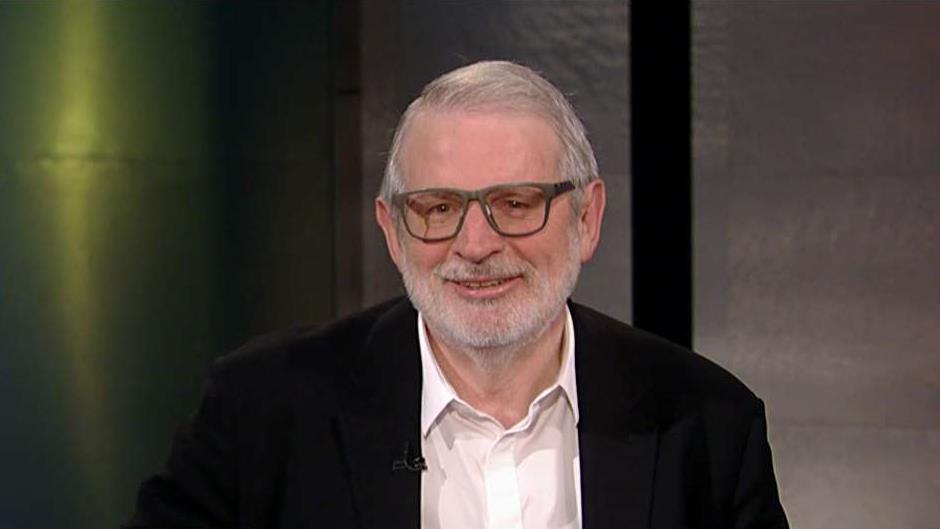Big tax cuts are a pipe dream: David Stockman
Treasury Secretary Steven Mnuchin offered an “absolute guarantee” that President Donald Trump would sign a tax reform bill into law by the end of the year during the Politico Money podcast on Wednesday, but former Reagan Budget Director David Stockman told FOX Business it’s not a reasonable time table.
“Really, I think the guy is clueless. I think the notion that we are going to have a big, big tax cut is a pipe dream. They can’t pay for it,” Stockman told Maria Bartiromo on “Mornings with Maria.”
The Senate is expected to vote on a budget on Thursday that would allow the chamber to pass a tax bill with just 51 votes instead of the 60 needed by process of reconciliation. But Stockman, who assisted in the passing of the “Reagan Budget,” remains pessimistic on the likelihood of reform passing at all.
“In 1981 the debt was only $940 billion… there was plenty of room to have a giant tax cut that was paid for by borrowing. Today they have to find pay-fors, loopholes, [and] base broadeners. They can’t find any. Even in the state and local tax savings, which allegedly was $1.3 trillion over ten years, is falling by the wayside day-by-day,” he said, adding that “they are going to end up with no tax bill or one that is so minor that it will have very little impact on the economy.”
Republicans are going for the big Budget approval today, first step toward massive tax cuts. I think we have the votes, but who knows?
— Donald J. Trump (@realDonaldTrump) October 19, 2017
He also disputed Munchin’s claim of lower taxes leading to economic growth.
“I don’t believe that for a minute because they are not cutting taxes on marginal rates that are high already… the top rate today is 39.6% and just said we are going to keep the fourth bracket, we are not cutting it at all,” Stockman said.
While the Trump administration has repeatedly proclaimed the plan would provide tax relief for the middle class, Stockman asserted only the top earners would benefit from the proposed three individual tax brackets and emphasized the importance of passing a payroll tax cut.
“I absolutely believe we need a payroll tax cut that will take the burden off of 160 million payroll tax payers, particularly in the middle and lower end, that are getting hit for 15.5% employer, employee—that’s the job killer,” Stockman said.




















